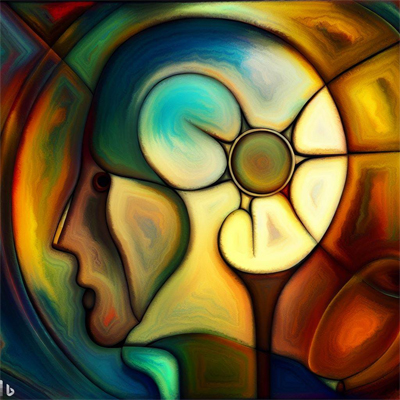Carl Jung’s Persona Archetype: A Powerful Tool in Psychoanalysis
Introduction:
Psychoanalysis, a prominent field in psychology, has been greatly influenced by the work of Carl Jung, one of the founding fathers of modern psychology. Jung’s theories have had a profound impact on our understanding of the human mind, and his concept of archetypes remains highly relevant. In particular, Jung’s exploration of the persona archetype has significantly contributed to the field of psychoanalysis. This article aims to delve into the persona archetype, its significance, and how it is utilized in psychoanalysis.
Understanding Archetypes:
Archetypes are fundamental, universally recognizable patterns or symbols that are deeply embedded in the human psyche. According to Jung, they are inherited and shared across cultures, representing the collective unconscious, a reservoir of human experiences and knowledge. The persona archetype is one of the essential archetypes identified by Jung and plays a pivotal role in shaping an individual’s self-identity and interactions with society.
Unmasking the Persona:
The term “persona” is derived from the Latin word for “mask.” In Jungian psychology, the persona archetype refers to the social mask we wear to present ourselves to the outside world. It acts as a mediator between our true self and society, concealing aspects of our personality that are deemed socially unacceptable or undesirable. The persona enables us to adapt to social norms, conventions, and expectations, allowing us to function effectively in society.
The Dual Nature of the Persona:
Jung emphasized that the persona is a dualistic construct, possessing both positive and negative aspects. On one hand, the persona serves as a defense mechanism, safeguarding our vulnerabilities and protecting us from potential social rejection or ostracism. On the other hand, it can lead to an identity crisis or the loss of self when we become overly identified with our social masks, suppressing our authentic selves.
The Impact of the Persona on Psychoanalysis:
In psychoanalysis, the persona archetype holds significant relevance as it influences an individual’s thoughts, feelings, and behaviors. Jung believed that the persona could sometimes become disconnected from an individual’s true self, leading to psychological distress and internal conflicts. Therefore, psychoanalysts often explore and analyze the persona to gain deeper insights into a person’s psyche and underlying issues.
Unveiling the Hidden Self:
Psychoanalysis seeks to unveil the hidden aspects of the self that lie behind the persona. By unraveling the persona, psychoanalysts can help individuals develop a more authentic self-identity and gain a deeper understanding of their unconscious motivations and desires. This process involves identifying the gap between the projected persona and the individual’s true self, enabling personal growth and self-actualization.
Therapeutic Techniques and the Persona:
Psychoanalysts employ various therapeutic techniques to address the persona archetype during psychoanalysis. These may include dream analysis, active imagination, journaling, and dialogue, among others. By encouraging patients to explore their masked selves, therapists can help them recognize and work through the discrepancies between their public image and true self, leading to increased self-awareness and psychological well-being.
Conclusion:
Carl Jung’s persona archetype continues to be a valuable concept in the field of psychoanalysis, providing valuable insights into the complex nature of human identity and social interactions. Understanding and analyzing the persona allows individuals to bridge the gap between their projected image and authentic self, leading to a more integrated and fulfilling existence. By embracing the persona archetype, psychoanalysts can support individuals in their journey of self-discovery and facilitate the process of personal growth and psychological healing.
The persona archetype serves as a powerful tool for both therapists and clients, enabling a deeper understanding of the intricate interplay between individuality and societal expectations. As we continue to explore the depths of human psychology, Jung’s persona archetype remains an invaluable concept that sheds light on the complexities of the human psyche and paves the way for profound transformation and self-actualization.
Hits: 46
